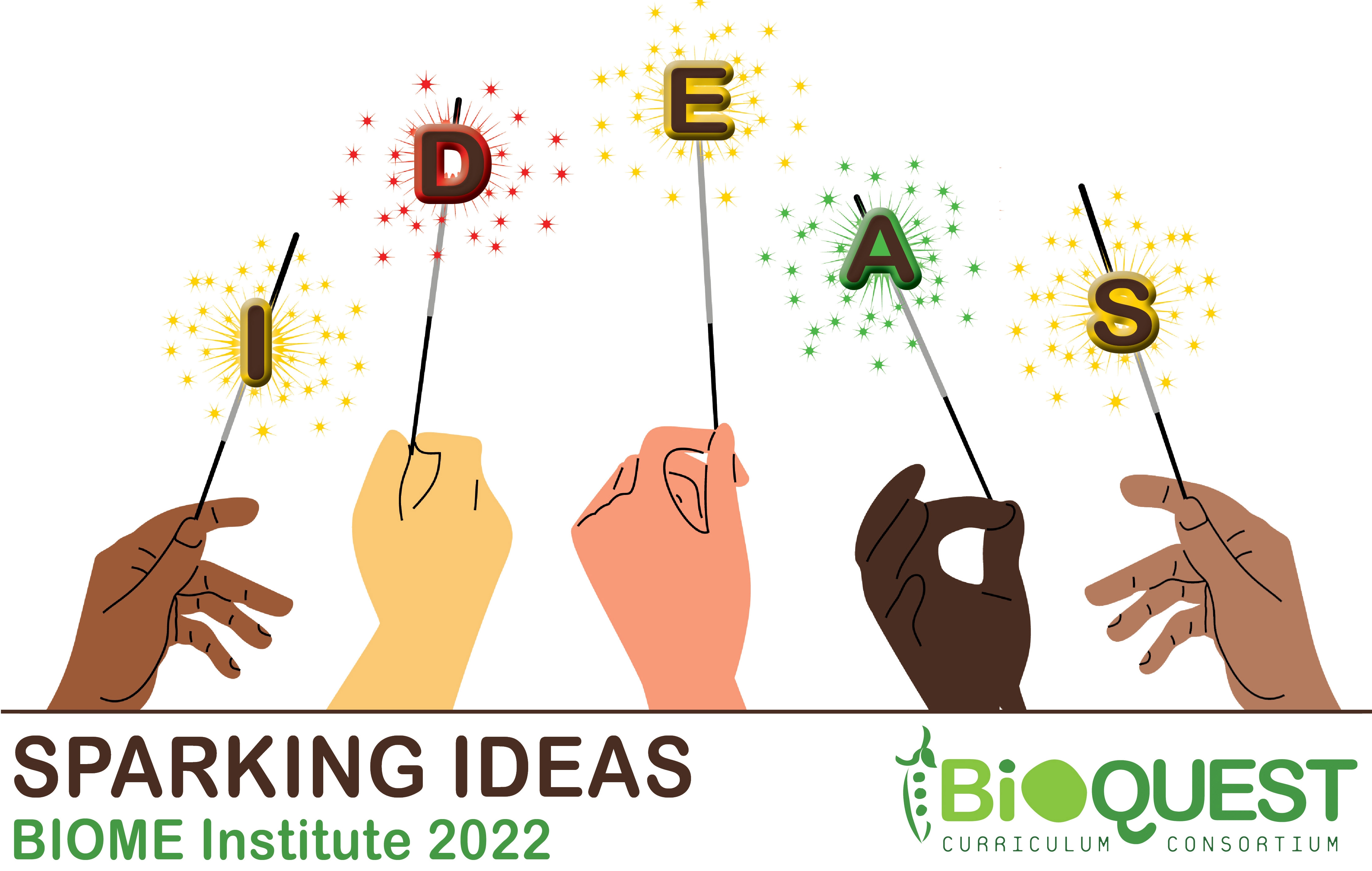Applying Universal Design for Learning (UDL) Principles to Case Studies
Author(s): Pat Marsteller1, Elaine Beaulieu2, Brian Bill3, Denise Boyce Flaherty4, Susan Gass5, Lisa Rezende6, Melissa Zwick7
1. Emory University 2. University of Ottawa 3. Mississippi State University 4. Eckerd College 5. Dalhousie University, Earth and Environmental Science 6. University of Arizona 7. Stockton University
685 total view(s), 216 download(s)
Description
We will present lessons learned and modifications to five different cases and then lead a discussion on how to get started with UDL and cases. One case, involved understanding cell energy cycles and the importance of glycolysis and the citric acid cycle. This is for first year undergraduate cell biology students and can be adapted for biochemistry upper-level students. Modifications include simple changes in color, text, iconography and scaffolding to better support neurodiverse learners. Another case study about persister cells and quorum sensing in P. aeruginosa infections for a 3rd year undergraduate course in general microbiology. Modifications include text and image accessibility issues and for indicating time and difficulty for each activity within the case study. One case, about Cancer and information literacy, used the mapping exercise to make decision on restructuring the case and develop alternatives for instructors using the case for different classes or levels. Another will address strategies to increase student engagement using a Skin and Soft Tissues laboratory for a large number if students as an example. strategies used for the redevelopment of the case study The Canadian Canola Controversy: The Role of Genetically Modified Organisms in Agriculture. The case uses the jigsaw technique where students representing different stakeholder groups come together to make recommendations on how GM crops in Canada should be regulated. modifications include more details in terms of classroom management to help the case adhere more consistently to the principles of UDL We will then open to discussion from the audience and invite future participation.
Cite this work
Researchers should cite this work as follows:
- Marsteller, P., Beaulieu, E., Bill, B., Flaherty, D. B., Gass, S., Rezende, L., Zwick, M. (2022). Applying Universal Design for Learning (UDL) Principles to Case Studies. 2022 Biology and Mathematics Educators (BIOME) Institute, QUBES Educational Resources. doi:10.25334/BCAV-R212
